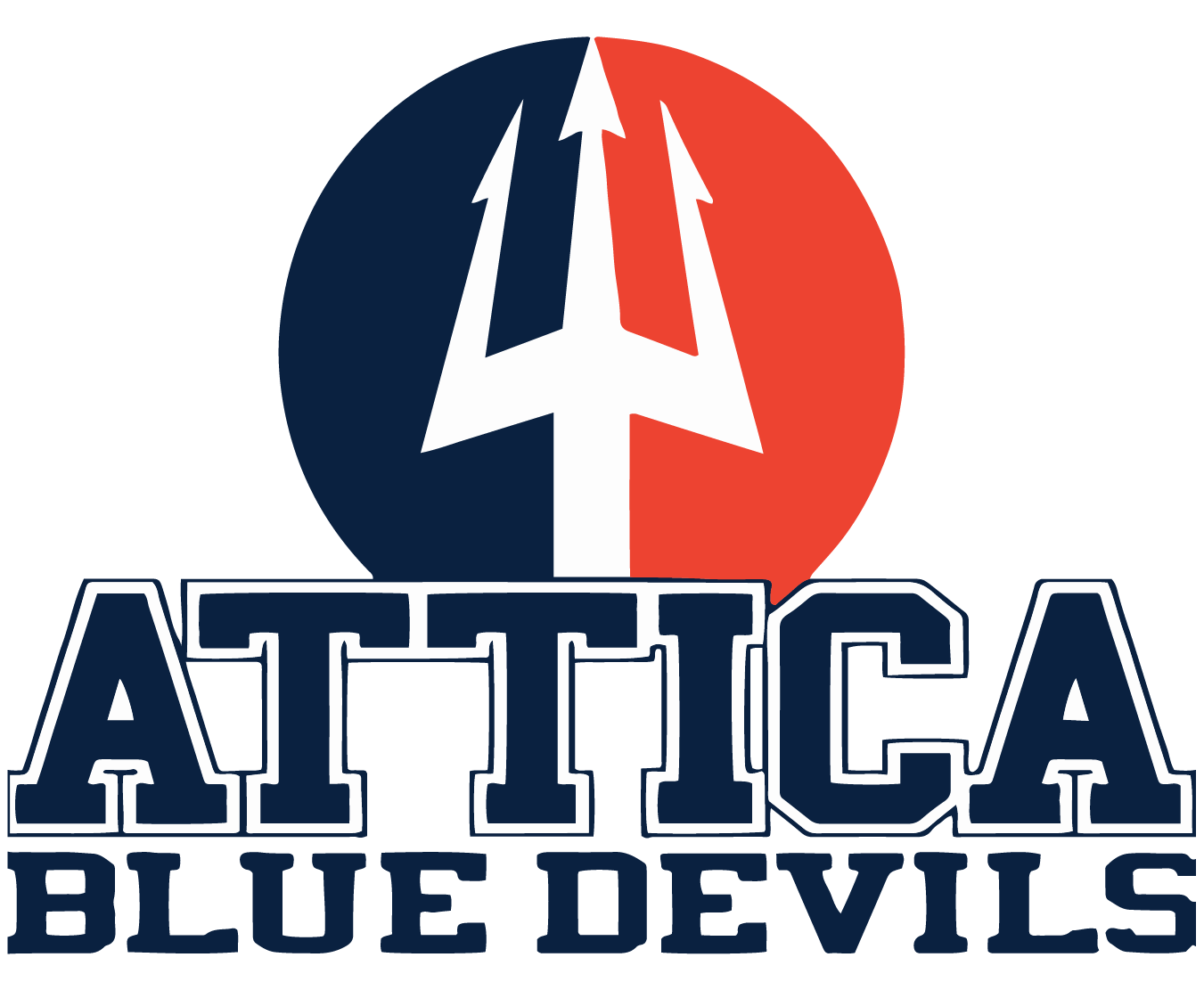Research
Tips for Successful Research
Use the right keywords! Keywords are important when searching the internet and databases, using the right keywords can make you search quicker and more efficient. A great place to start is with Boolean Operators. Remember those? Boolean Operators are connecting terms (AND, OR, & NOT) that give instructions to the computer. Notice the capitalization, and is not the same as AND!
AND is a limiting search operator that allows you to combine terms. For example, “television AND violence.” This will give you results only with BOTH television and violence (rather than articles with just one or the other).
OR will expand your search, allowing you to search similar terms. For example, if your topic is teens involved in car accidents you would search “teens OR adolescents AND car accidents.”
NOT is a limiting search that allows you to exclude terms. For example, if you were researching dolphins, you might search “dolphins NOT Miami.”
Phrase Searching uses quotation marks around two or more words to tell the computer to only look for results with that exact phrase rather than keywords in random order. For example, “acid rain” or “television violence.”
Truncation is a technique that broadens your search to include various word endings and spellings, basically different forms of the same word. To use this technique, you use the root word and put the truncation symbol () at the end. For example, child = child or childs or children or childrens or childhood.
Don’t forget! Searching databases is different than searching Google, you won’t get the results you need if you are using full sentences such as “the effect of advertising in mass media on teenage consumers.” You need to pick out the keywords or phrases. For example, “advertising AND mass media AND teenagers.” Without those Boolean Operators, some databases may assume you only want articles in which these words appear right next to each other.
Explore multiple resources. Don’t get stuck on google, settling for the first three results that pop up! Search google, but also check out the school's databases, https://www.library.fyi/resources/atth.
Search a database that covers many subjects such as Explora, EBSCO, or Gale, but don’t forget about the subject-specific databases such as Core Concepts: Biology and FactCite: American History. The same search phrases in two different databases may bring up very different results.
If your topic encompasses more than one major subject area-business and art, for example- try searching both a business database and an art database.
Try using different phrases, don’t get stuck typing in the same search phrase over and over. Try using different keywords or switching up your phrasing.
If you get really stuck, ask the librarian for our recommendations.
Don’t be content with the results of just one search!
Evaluate your sources! Virtually any person can publish anything they want on the internet. If you’re searching for your sources on google instead of a database remember web sources do not need to be professionally accepted or edited to be published. When evaluating your source information don’t forget about CARS;
Credibility- Who is the author and what are their credentials related to the topic? Did the author provide contact information? Does the site look professional and organized? Red Flags: Anonymous information, faulty links, or a messy page.
Accuracy- When was the material created, is it recent? Is this a complete representation of the facts and information? For whom and what purpose is the information intended? Red Flags: Out of date or undated, inaccurate or overly generalized information, or biased information.
Reasonableness- Is the information presented without influence or is it biased or slanted in one direction? Does the information make sense given what you know of the world? Is it believable? Does the information contradict itself? Red Flags: Manipulative or emotional language, one-sided information, or a conflict of interest between the information and the source.
Support- Does the author provide documentation such as a bibliography? Can you find at least two other sources that support the information? Red Flags: Lack of documentation, information that contradicts reliable sources, or information that you already know to be untrue or faulty.
Another place to check when evaluating a source is the domain name! Look at the dots to see what type of webpage you are on.
.gov = Hosted by a U.S. government agency
.com = For-profit business, personal sites
.edu = Educational organization
.org = Nonprofit organization
.net = Hosted by a network
.biz = Business site (newer than .com)
.ac = Academic organization (outside the United States)
~ = personal webpage
Cite your sources! Avoid plagiarism and give credit where credit is due, make sure you cite all of your sources as well as any clip art, music, or photographs you’ve shared in your research project. If you're having trouble there are websites that will cite your sources for you such as www.easybib.com and www.citationmaker.com.
If you are using pictures or music in a digital project, copyright is a whole other issue. Even if you properly cite the source, you may still be violating copyright! Copyright is the legal protection of the owner’s “intellectual property.” This means that the owner gets to say when, where, and how their property (in this case music or images) are used. To avoid copyright issues check out these websites for royalty-free images and sounds:
